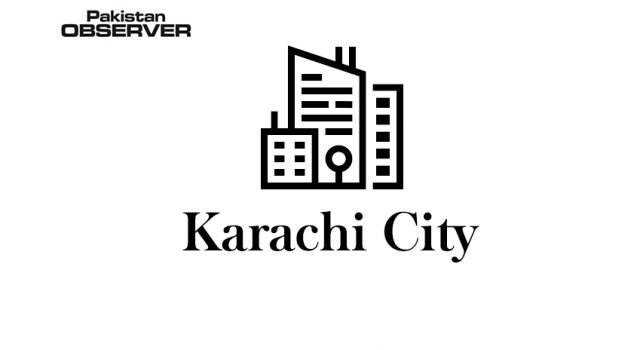Karachi’s street vendors need legal cover and help from the government, a panel of experts urged.
They were speaking on Wednesday at a webinar organised by the Urban Resource Centre. The experts, architect Arif Hasan, NED University Faculty of Architecture and Management Sciences Dean Prof Noman Ahmed and researcher Mansoor Raza, spoke about Karachi’s street economy and ways for the Sindh government to give vendors a legal cushion.
The panelists conducted a detailed survey of Empress Market, Saddar Bazaar, Lea Market, Kharadar and other markets and commercial areas of the old city areas where anti-encroachment drives have been held for the past two years and documented recommendations for a permanent solution for the street economy.
Prof Ahmed presented their recommendations and said there is no administrative support for the street economy in Karachi, although hawker zones are encouraged in India and other neighbouring countries.“A proper Street Act is in practice in India to save the informal economy, but no such type of act has been introduced in any part of Pakistan,” he said. An effective policy should be adopted by the government to legalise street vendors and the government should allocate space for street businesses, said Prof Ahmed.“A proper schedule should be planned for land utilization and utility connection charges for street vendor and hawker zones for regularization of their activities,” he added.He said both the city administration and the vendors would benefit through the regularization of street businesses. During the anti-encroachment drives in Empress Market, Saddar and its adjacent areas, disputes were being raised as no single association was there to deal with the issue of the shopkeepers’ displacement.
Prof Ahmed requested the Sindh Local Government Department to start working on a policy to regularise street hawker zones. He said the process of displacing street vendors should be stopped immediately as it damages the economy.
Hasan highlighted the findings of the URC survey and said they interviewed 182 students and found that people like hawkers. We purchase things from them 20% cheaper than the market price, they told him.
Shopkeepers also believe hawkers are beneficial, as they create customers who visit their shops as well as the street hawkers.
“Vendors are paying Rs500 to Rs1,000 per day to different departments to run their businesses on roads and streets, otherwise the police take away their goods,” Hasan added.
He said six business streets around Saddar give an estimated Rs60million per month to different departments, adding that a vendor earns Rs1,000 per day after giving bribes and other utility charges.
He said the government had supported the hawking business since 1965, adding former Karachi mayors Naimatullah Khan and Mustafa Kamal encouraged bachat bazaars and hawker zones during their tenures. Billions of rupees in the informal economy were lost due to the anti-encroachment drives and these operations continued on the directives of the Supreme Court, said Hasan.
The government has promised to provide alternate spaces to the vendors, but has not done so yet. “The Supreme Court and Rangers make the anti-encroachment drives successful in Karachi,” he added.
It is estimated that a monthly loss of Rs45 billion is being incurred due to the loss of the informal economy during anti-encroachment drives around Saddar.
The informal economy provides 72% of the employment in Karachi.
The government believes the informal economy created traffic congestion, a bad image of Karachi and affects pedestrian rights. But there is a need to document this informal economy and legalise it through local government laws, as it is a local government subject, said Hasan.
“We have given our recommendations to the government for the settlement of displaced vendors at Empress Market, but unfortunately, the government has not responded well,” he said.









